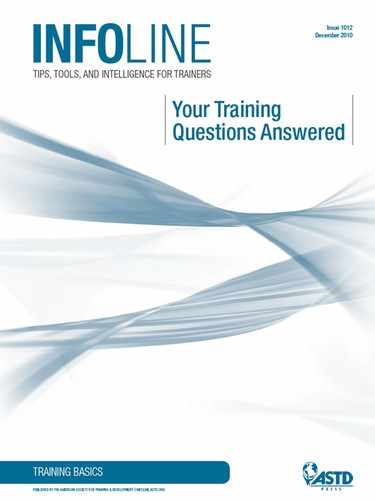CERTIFICATION
How is the importance of having a CPLP certificate increasing in the coming 5 years?
There are several things to consider. First, what is the trajectory for certifications, in general? Second, how important is CPLP, in particular, going to be to employers and individuals?
It's important to define the terms. The terms certification and certificates are often a source of confusion. Certificates indicate that an individual has completed a specified learning course or courses. Certifications, on the other hand, typically indicate that an individual has met eligibility requirements and passed assessments covering a broad area of professional knowledge and skills. The Certified Professional in Learning and Performance (CPLP) falls into the latter category. It's a certification for learning and development professionals, similar to what the CPA is for accounting professionals.
Certification programs are in growing demand and have taken on increased importance across virtually all industries. In 2003, the U.S. Department of Labor estimated that there were 1,900 certification programs in the U.S. That number was estimated to be approximately 3,500 in 2008. The rapid interest in certifications in recent years appears to be primarily due to an increased demand for credentials that have meaning across international boundaries in a global business environment.
How important is CPLP going to be to employers and individuals?
Employers value certification credentials because it provides them with assurances that the individual “knows their stuff” and can perform, which impacts the bottom line. Credentials also enable individuals to differentiate themselves in a competitive job market. Recertification rules require that the individual continuously updates their knowledge and skills. Since 2006, when the CPLP program started operationally, nearly 1,000 employers have asked for CPLPs in their job announcements and there are more than 850 active CPLPs. These numbers continue to trend positively and we expect this trend to continue, especially as the CPLP program expands globally (selective international testing begins in 2011).
Training and development as an industry will take a more central stage as many organizations transform to adapt to new technologies and fully leverage new collaborative learning applications, new workforce demographics, and close skills gaps within their ranks as waves of senior employees begin to retire. The broad set of skills that CPLP credential holders bring to the table can help transform organizations to adapt to these changes. This will only make the CPLP credential even more valuable in the future. Stated simply, employers will be increasingly asking for credentials, and the CPLP, in particular, provides them with skills and assurances that they want—both now and in the future.
